SAEDNEWS: These 7 robots—ranging from rolling AI companions to humanoids and care bots—aren’t sci-fi anymore. In 2025, many of them will begin trials or even reach consumer hands, offering real help around the home.
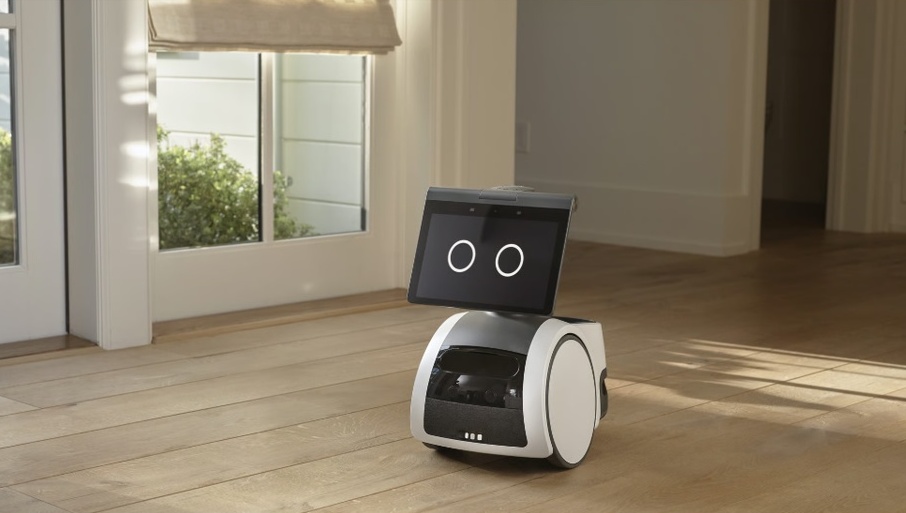
According to Saed News; In 2025, the dream of having intelligent, helpful robots living among us is edging closer to reality. Thanks to advances in AI, robotics, sensors, and smart home integration, several home robots are moving from concept to actual deployment. Here are 7 models that are likely to enter your home in the next year or so—and what makes them exciting.
Samsung’s rolling smart companion is getting ready for commercial release. Ballie is spherical, features two wheels, a projector, camera, microphone, and connects via SmartThings. It can control lights, suggest outfits, stream content, even project workouts. It uses generative AI (Gemini + Samsung’s models) to interpret what’s happening around it and act accordingly.
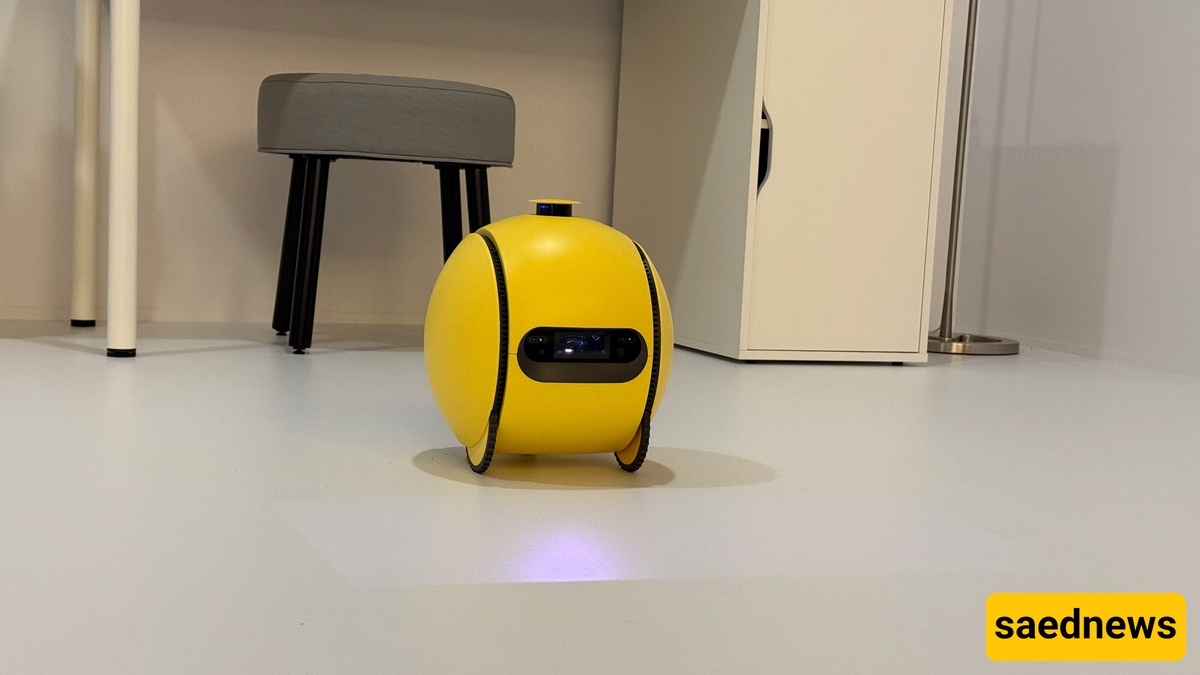
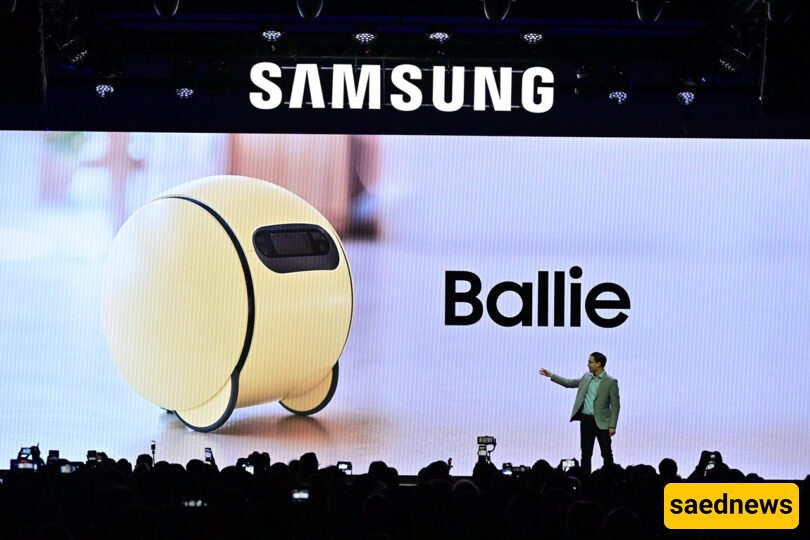
Norwegian startup 1X is testing its humanoid robot Neo Gamma in “hundreds to a few thousand” homes by the end of 2025. It’s built for real-life home tasks: moving, cleaning, navigating around furniture. Early usage involves teleoperation (humans helping remotely) due to safety and reliability constraints.
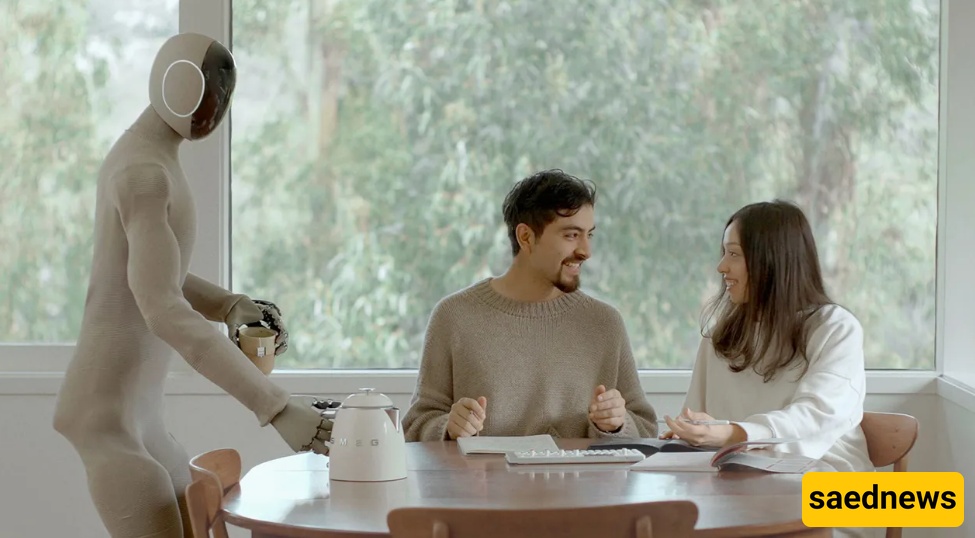
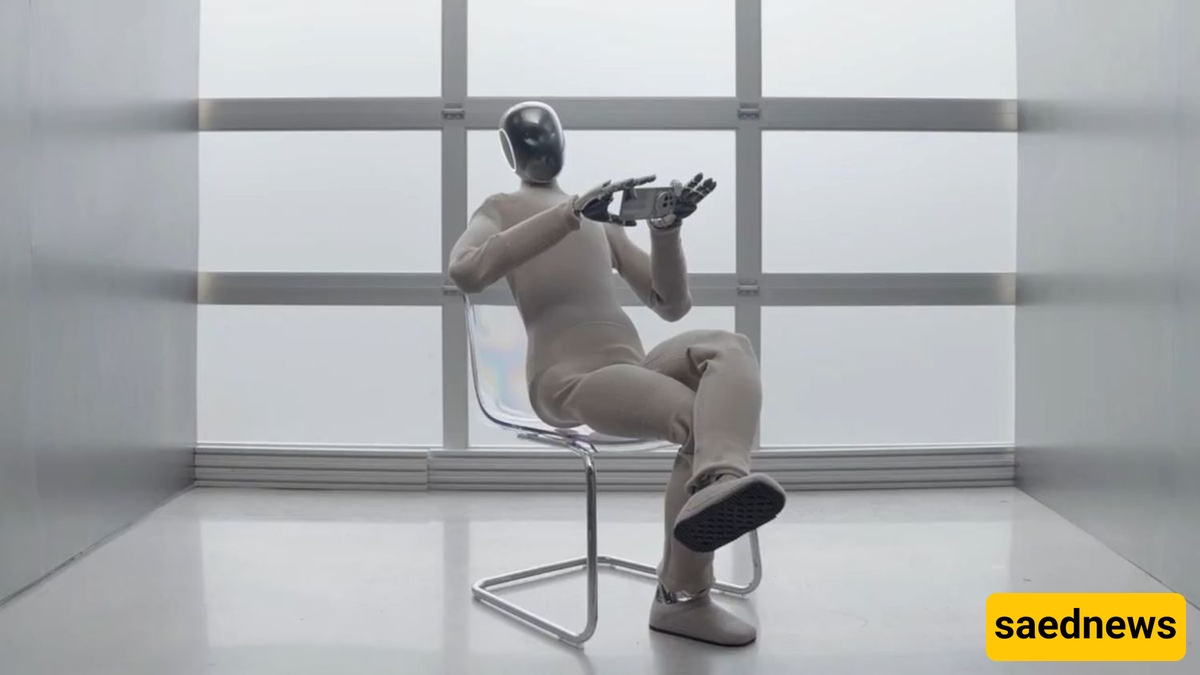
Figure, which developed the “Helix” vision-language-action model, is pushing forward humanoid robots that understand and act in home environments. These robots are designed to perform chores, recognize objects, respond to voice commands, and learn. They’re ahead of schedule, with early trials planned for 2025.
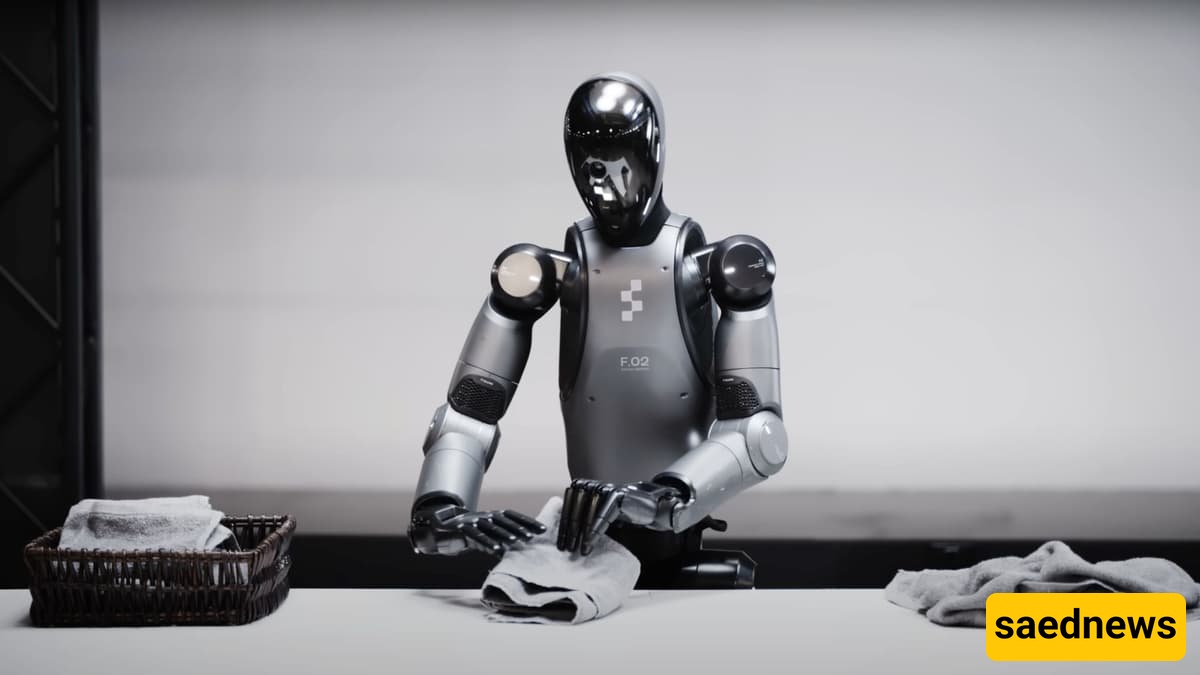
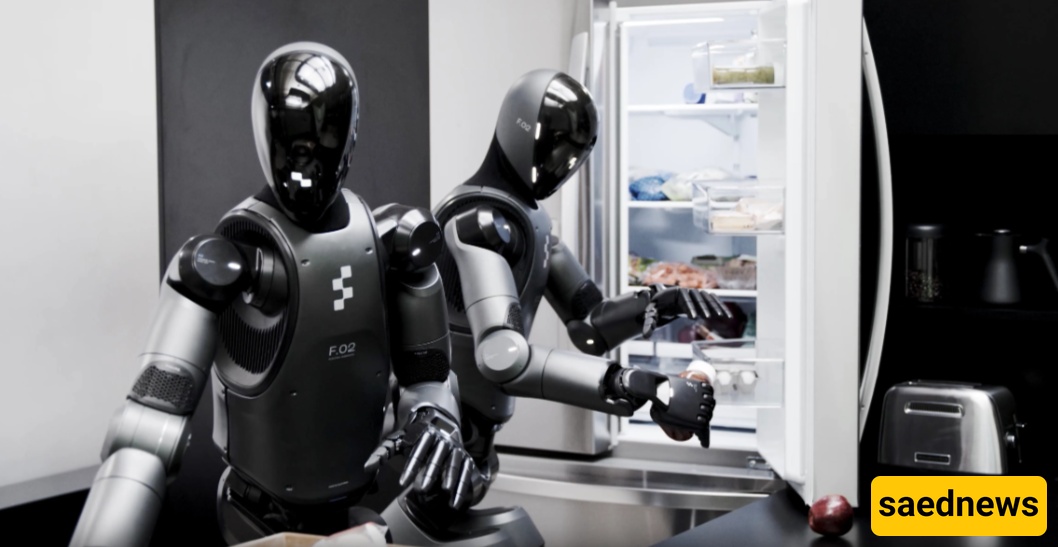
If cleaning is high on your list, this model is a game changer. Roborock’s Saros Z70 is a high-end robot vacuum/mop with a mechanical arm that can move small objects (like socks or toys) out of the way. It has powerful suction, advanced navigation, auto mop wash/dry dock, and maps your floor with precision.
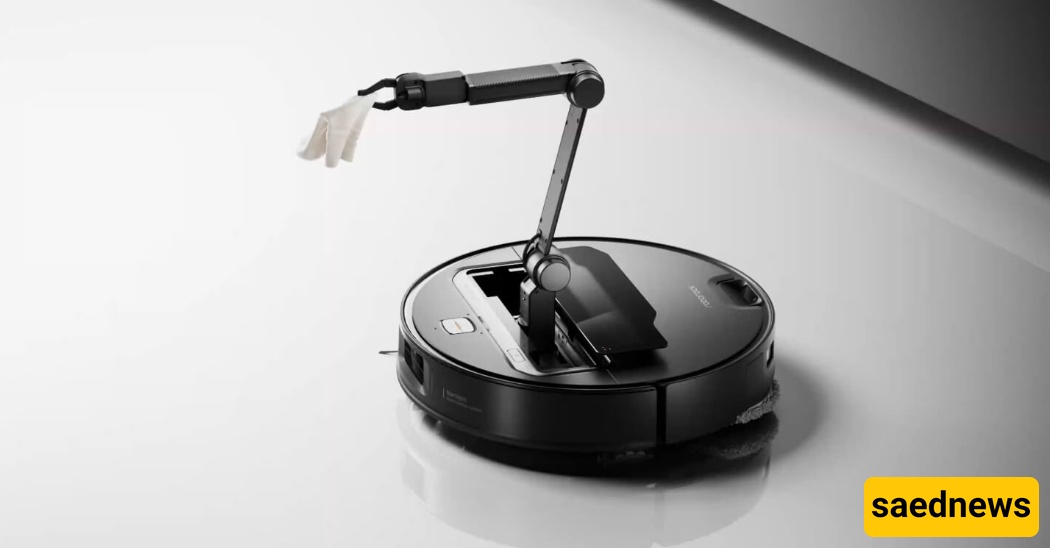
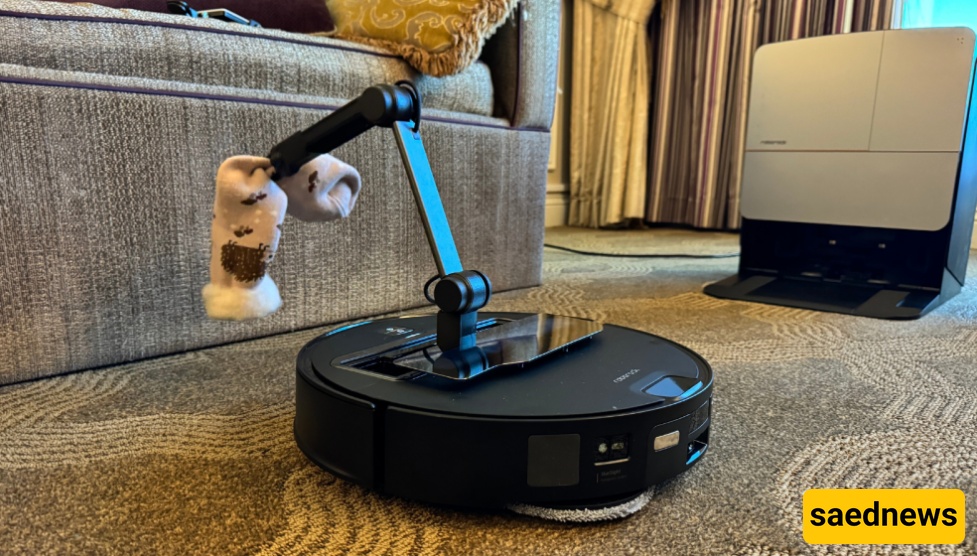
Dyson’s new Spot+Scrub AI robot vacuum (shown at IFA 2025) can scrub, mop, and clean stubborn stains. It has a self-cleaning wet roller, LiDAR + camera vision to detect nearly 200 types of obstacles, and a large dust storage dock. It reduces manual cleaning significantly.
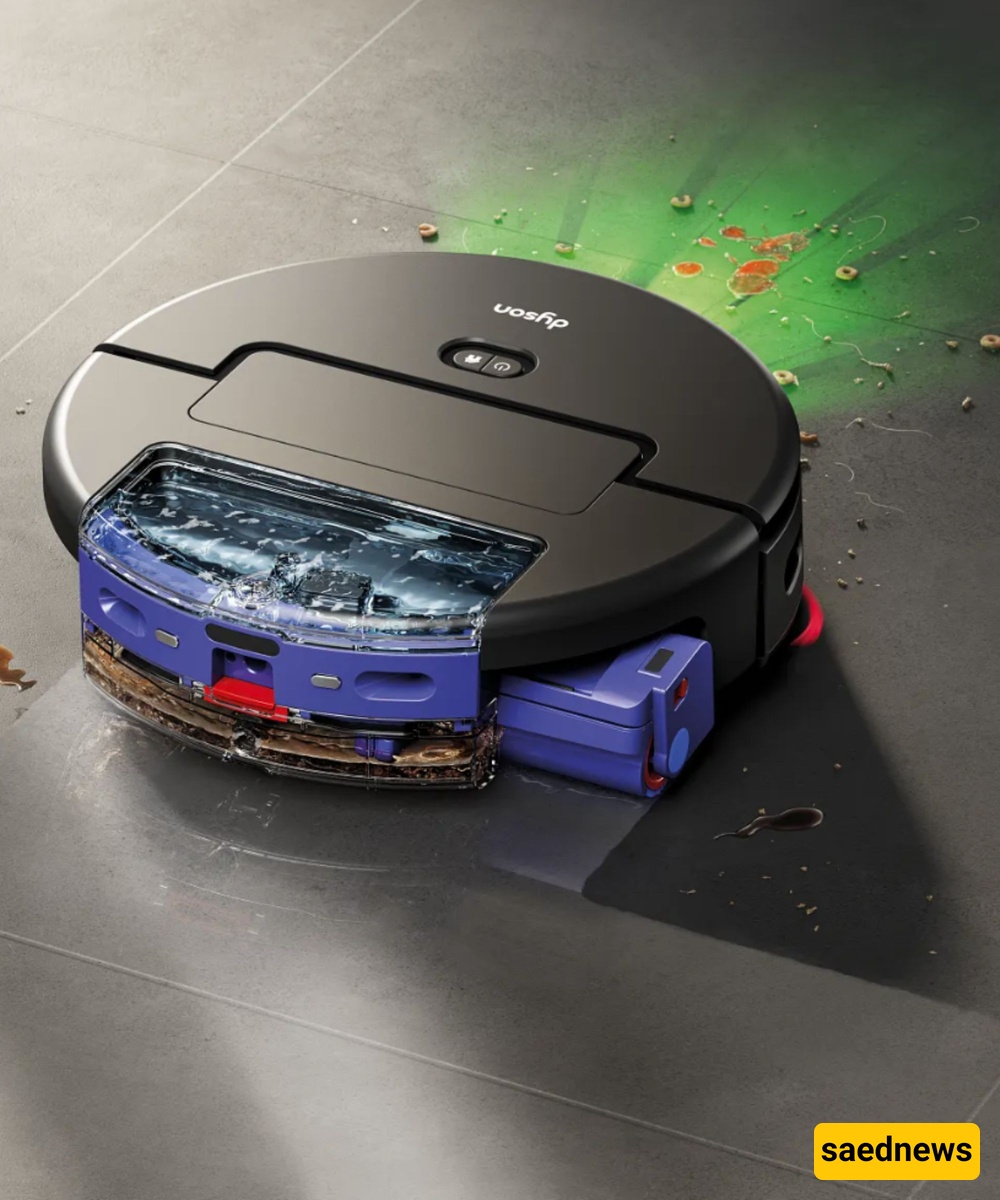
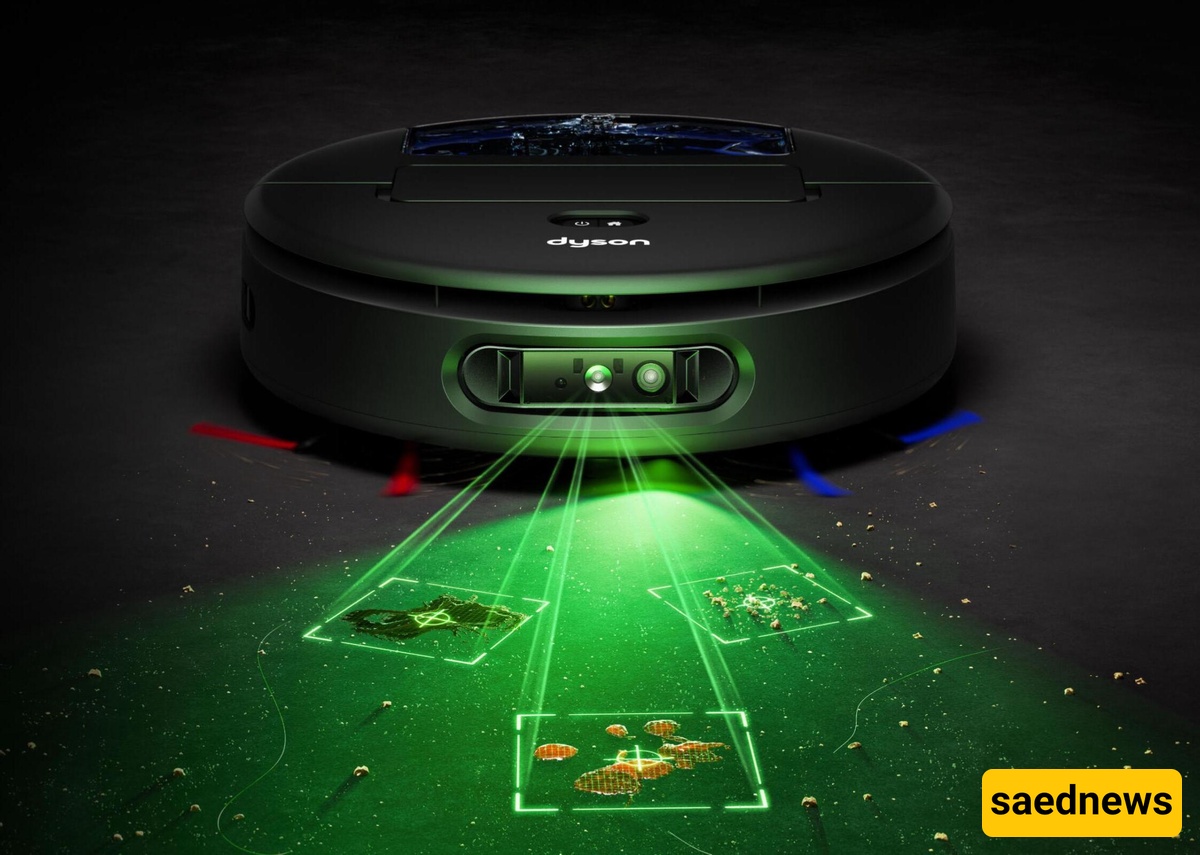
Astro is already known, but in 2025 its home monitoring and companion capabilities are expected to expand. With better obstacle avoidance, more features for surveillance, pet monitoring, and integration with Alexa or smart home systems, it’s becoming more practical for everyday home use.
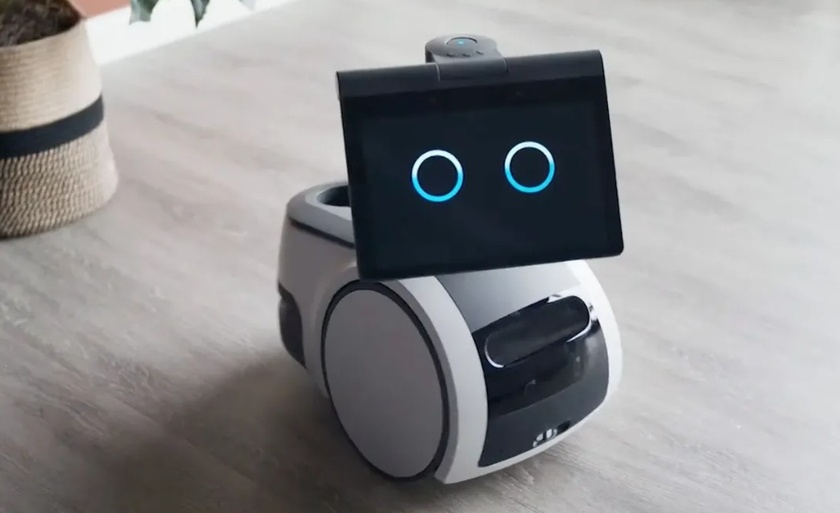
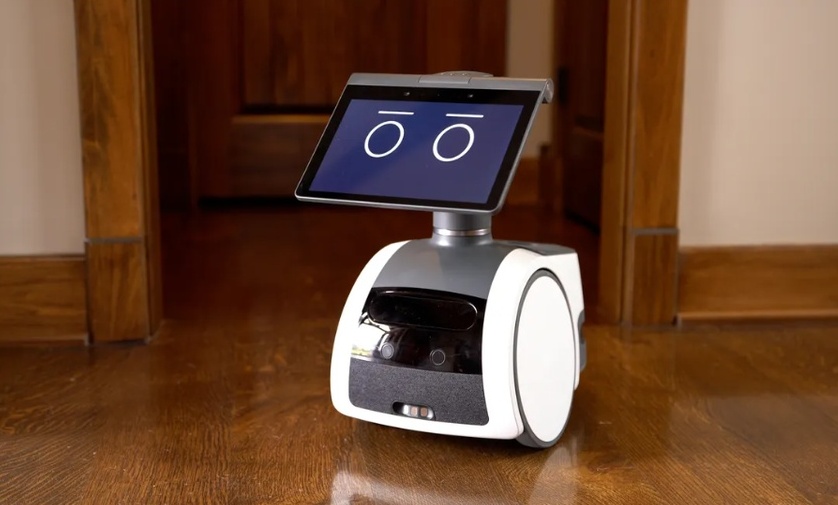
Robots like Enabot EBO X, ElliQ, and other care assistant bots are improving. Features include emotion detection, fall alerts, two-way communication, reminders for meds, social interaction for older people, and monitoring for safety. Those make them ideal companions for families and elderly people wanting more independence.
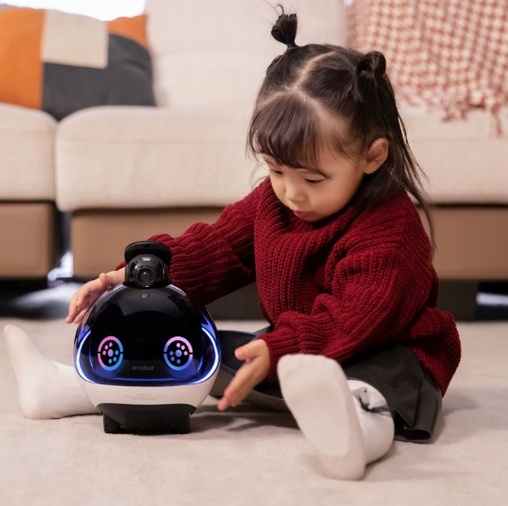
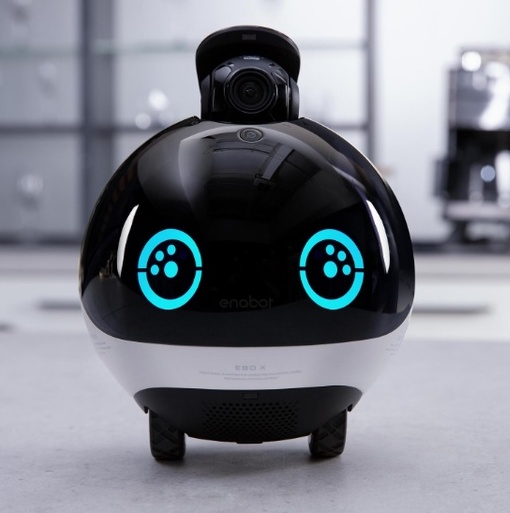
AI + Vision + Language Models: Robots are learning not just to follow commands, but to understand context, read manuals (like in “ApBot”) and adapt to new tasks.
Human-Robot Safety & Teleoperation: Especially for humanoids, early models use teleoperators to help intervene when needed. It’s not full autonomy yet.
Cost & Accessibility: Many robots are still premium models. Prices are high, but with competition and mass production, we may see more affordable versions.
Privacy & Trust: With cameras, sensors, and AI in the home, privacy concerns are real. Users will demand transparency, control over data, and safe defaults.

